Amid the horrific Russian war on Ukraine, I would like to share news on my personal milestone. On 28 February, I have defended (with my minor corrections) my PhD thesis at UCL SSEES. Over the last few years, I studied the Protestant congregations (both in urban and rural areas) based in Belarus, and the ways they generate social capital. For all these years, Professor Titus Hjelm and Professor Andrew Wilson provided outstanding mentorship.
Prof Hjelm supported this project with his sociological lenses, while giving a necessary intellectual freedom and space to develop my own ideas. Prof Wilson offered his comprehensive knowledge and expertise on Belarus and was always keen to discuss my work as well as offer his valuable advice.
My PhD viva with my two examiners, professor Anne White from UCL and Professor Irena Borowik from Jagielloński University in Kraków, turned out to be an insightful and thought-provoking discussion. Many thanks to all those who supported me during my PhD journey, including my husband, Yarik.
Look forward to finding an academic job.

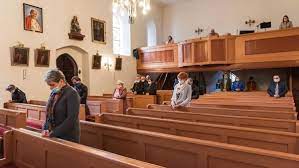
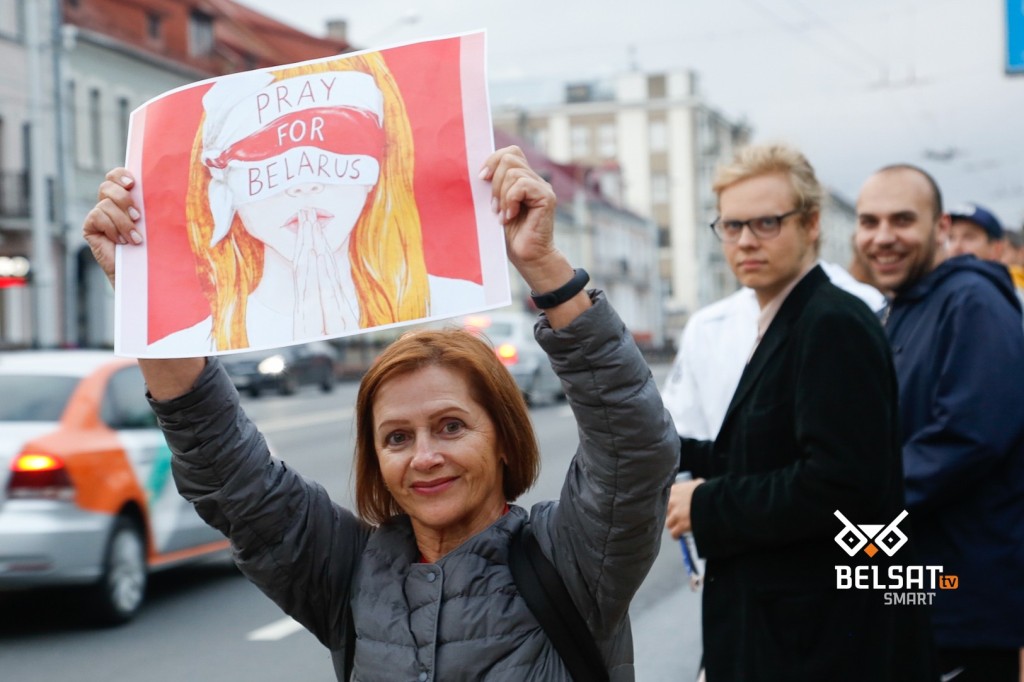
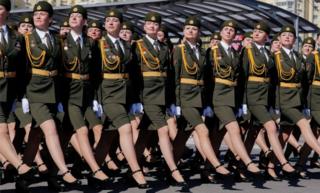

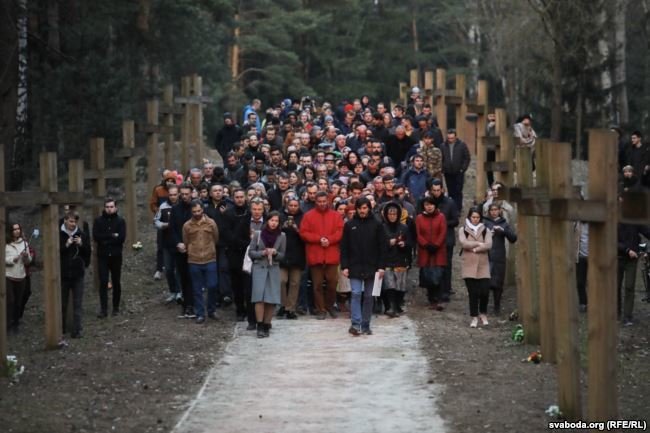
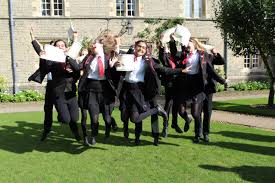
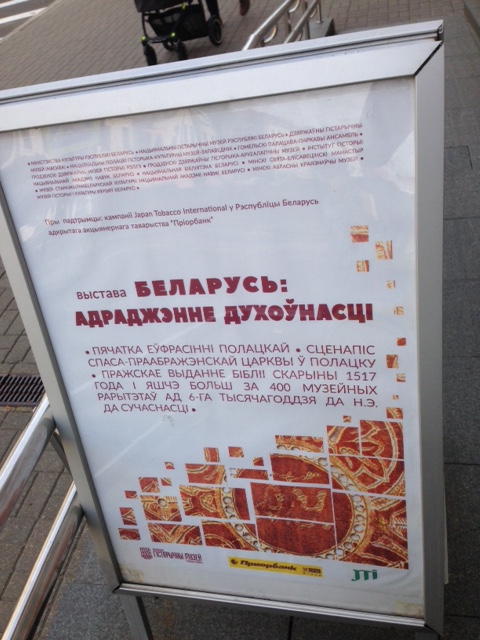
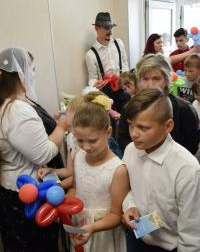
 Today the 7th International Congress of Belarusian Studies kicked off in Warsaw, this time in cooperation with Collegium Civitas. Previous conferences took place in Kaunas, Lithuania. The Congress remains one of the rare opportunities for academics working on Belarus to meet up and discuss their research.
Today the 7th International Congress of Belarusian Studies kicked off in Warsaw, this time in cooperation with Collegium Civitas. Previous conferences took place in Kaunas, Lithuania. The Congress remains one of the rare opportunities for academics working on Belarus to meet up and discuss their research.